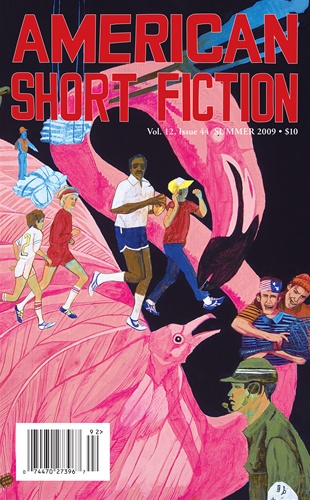 A forty-three-year-old woman takes a vacation from her life after a breakup.
A forty-three-year-old woman takes a vacation from her life after a breakup.
(From This Is Not Your City)
She’d begun the trip staying in youth hostels because they seemed more adventurous, but the lounges were full of people like Tick, drinking Metaxa and strumming guitars and looking askance at her, the middle-aged woman who clearly didn’t belong.
This is another strong story. The narrator is a woman who stayed too long in a going-nowhere relationship, past the point at which she was able to have a child, which she very much wants.
I generally hate stories about women who want babies, but this one is so well written and true to the narrator that I didn’t mind.
I’m really impressed by the way in which Horrocks is able to capture the lives of females of various ages, backgrounds, and socioeconomic classes. Each story feels totally whole and completely its own. Did I mention that you should buy this collection? You should. “The Lion Gate” is online. Read it here.







